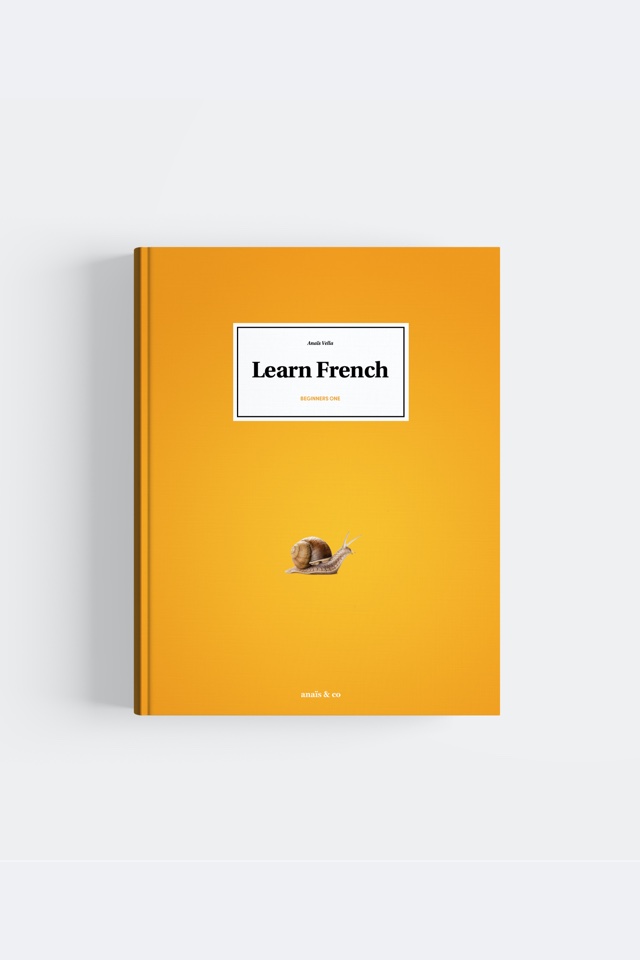

| French | English |
|---|---|
| Lundi | Monday |
| Mardi | Tuesday |
| Mercredi | Wednesday |
| Jeudi | Thursday |
| Vendredi | Friday |
| Samedi | Saturday |
| Dimanche | Sunday |
In French, the days of the week do not take a capital letter, unless they start your sentence. In French we do not translate “on” in front of the day, but in the spoken language, “le” can be used in front of days to mean “every.” For writing or for formal situations, use “tous les” or “les” and add an “s” at the end of the day.
For example:
Lundi → On Monday.
Le lundi → On Mondays.
Tous les lundis → On Mondays.
Les lundis → On Mondays.
| French | English |
|---|---|
| Janvier | January |
| Février | February |
| Mars | March |
| Avril | April |
| Mai | May |
| Juin | June |
| Juillet | July |
| Août | August |
| Septembre | September |
| Octobre | October |
| Novembre | November |
| Décembre | December |
In French, the months do not take a capital letter, unless they start your sentence. “En” is used in front of a month to mean “in.”
For example:
En janvier → In January.
For the date, ordinal numbers are not used in French. Instead, we use normal numbers. The only exception is the use of the word “premier” to translate “the first”. As a result, in French, “the” will never be translated.
For example:
Mardi 4 janvier 2023 → Tuesday the 4th of January 2023.
Years must be said as a big number in French.
For example:
2023 → Deux mille vingt-trois.
The full date is said in this order: day, date, month, year. You can use “le” instead of the day especially when speaking. In the spoken language, we don’t say the month or the year if it’s the current one.
For example:
Lundi 05 juillet 2017 → Monday the fifth of July 2017.
Lundi 05 juillet → Monday the fifth of July.
Lundi 05 → Monday the fifth.
Le 05 → The fifth.
Quelle est la date d'aujourd'hui ? → What is today’s date ?
Aujourd'hui, nous sommes … → Today, we are…
On est le combien aujourd'hui ? →
What date (number) is it today?
Aujourd'hui, on est le … →
Today, it is the …
After “le,” you must use a number.
| French | English |
|---|---|
| Le printemps | The spring |
| L’été | The summer |
| L’automne | The autumn or fall |
| L’hiver | The winter |
We use “en” in front of seasons to mean “in,” except for “printemps” which takes “au.” “The” in French isn’t needed when “en” is used. “En” must be linked with a vowel or an “h.”
For example:
En été → In the summer.
Au printemps → In the spring.

More in the books
Werther you are learning by yourself, with Anais and Co or if you are a FLE teacher find this lesson and many more in a beautiful book.
Be notified when we upload a new video.